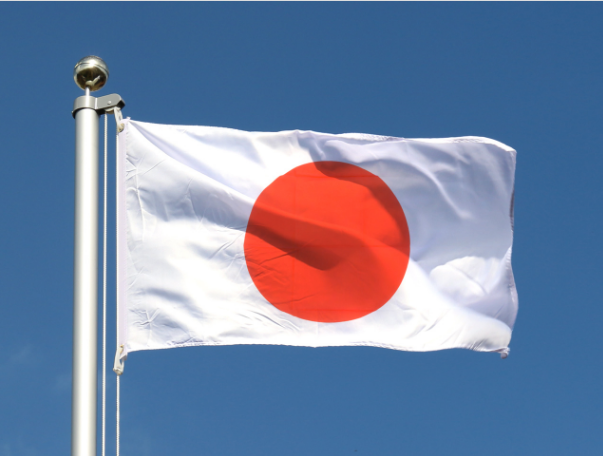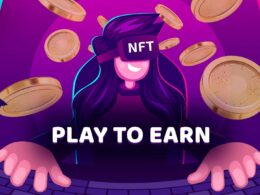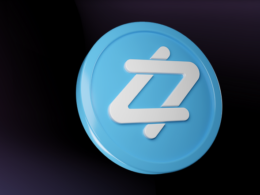
NFT stands for Non-Fungible Token in the long format and it forms part of a family of digital derivatives or digital assets that can be readily interchanged like normal currency. The key difference between an NFT and Fiat currencies is that once an NFT has been minted, its unique properties do not allow it to be interchanged with something else.
To put this concept into perspective, fiat currency can be interchanged and still retain the same value. An example is swapping one $10 note with two $5 notes and still maintain the same economic value.
However, with NFTs, once minted, they don’t have any tangible value and could represent a house or a painting, the key point being ‘one of a kind’. For instance, you can take a photo of The Monalisa – a one of a kind painting, and purchase its print but there will only be one Monalisa. You can then trade these NFT like normal pieces of property but without the tangible form. These digital asset can be thought of as a certificate of ownership for a virtual or physical asset.
Owing to the numerous benefits derived from the buying and selling of NFTs, the Japanese government is meditating on pushing their adoption in the sports industry. According to reports, Tokyo could leverage issues in the digital promoting society as a white-paper on this matter.
Sources indicate that the white-paper has been discussed in detail to seek clarification on the legal and regulatory stand for NFT-issuing firms and their potential sports counterparts. The web3 team has recognized the potential of fantasy and virtual games seeing as they are gaining traction in other parts of the globe. Consequently, the team wants to motivate local firms to venture into the space while contemplating possibilities of creating numerous revenue streams.
In Japan, sports like baseball, football and motorGP have a huge fanbase and following on the online community and others alike. It will therefore, make sense than any NFT-based fantasy games will garner a huge following with many positive economic ramifications in the resulting ecosystem.
The only stumbling block to the implementation infrastructure to support this idea is the Japanese legal system that strictly outlaws gambling activities in the country or any staking of money gathered by businesses from participants. This could pose a problem to fantasy game providers as some collect entry fees from users. These could also shut down the possibility of working with firms based overseas as it could be problematic.
To solve this, the white-paper is recommending that firms should get around this quagmire by finding sponsors to avail prize money and other prizes. The white-paper is also seeking legal and regulation clarity in these environment for both NFT providers and sports teams. The solution also calls for public and private sectors to come together and formulate additional guidelines.
The Japanese government launched a dedicated NFT taskforce in 2022 to work with this web3 team. The team has already come up with a recommendation for the appointment of a web3 government minister to enhance coordination of the undertaking and build confidence among the public.
The Prime Minister of Japan, Fumio Kishida, has repeatedly talked about the need to develop the nation’s blockchain, NFTs, crypto and metaverse sectors. The premier also iterated his government’s commitment to the development of web3 businesses in a meeting with UK-based investors in the past year.








